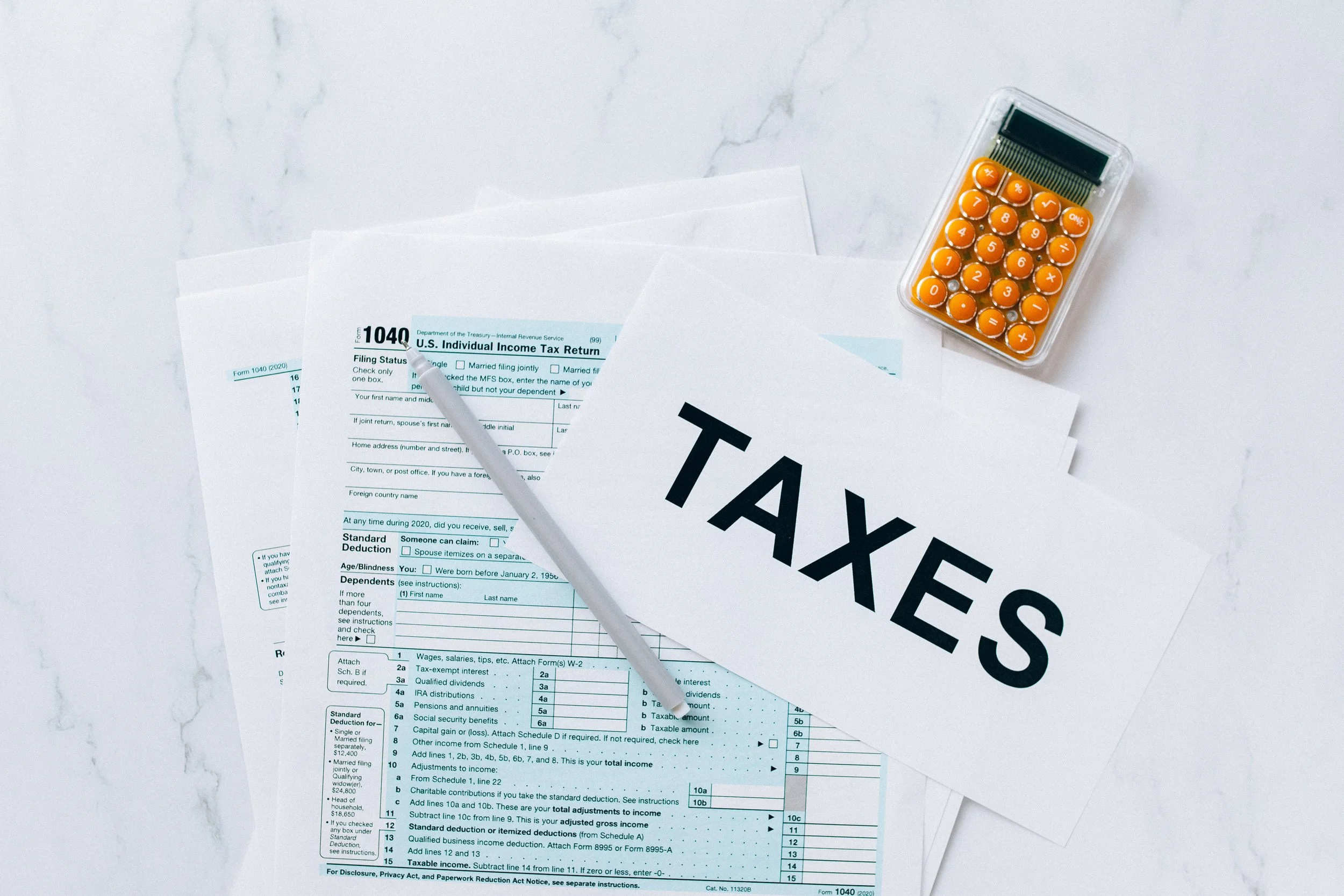Navigating New York State Personal Income Tax
Filing income tax returns in New York State can be a complex task, especially when it involves determining your residency status and understanding your tax obligations. In this article, we'll guide you through the essential factors to consider, ensuring you have a clear understanding of the process.
First and foremost, it's crucial to determine your residency status in New York State. In most cases, you'll need to file a New York State resident income tax return if you fall under any of these categories:
You are required to file a federal return.
Your federal adjusted gross income, combined with New York additions, exceeds $4,000 ($3,100 for single individuals who can be claimed as dependents).
You seek a refund for New York State, New York City, or Yonkers income taxes that were withheld from your pay.
You intend to claim refundable or carryover credits.
However, even if you're not a resident, you might still need to file a New York State return if you earn income from sources within the state.
Distinguishing between domicile and residence is essential for tax purposes:
Domicile refers to your permanent and primary residence, the place you intend to return to or remain in after any period of absence. Changing your domicile requires clear and convincing evidence of abandoning your previous domicile.
Residence signifies a place of abode, which may include multiple dwellings. You can have several residences, but you can only have one domicile.
Even if your domicile isn't in New York State, you may still be subject to New York State income tax if you meet these criteria:
You maintain a permanent place of abode in New York State for most of the taxable year.
You spend 184 or more days in New York State during the taxable year, with any part of a day counting as a full day in New York. A permanent place of abode can be any year-round dwelling, whether you own it or not.
For nonresidents with a primary office in New York State who telecommuted during the pandemic, those telecommuting days are generally considered days worked in the state. Unless your employer has established a bona fide office at your telecommuting location, you may owe New York State income tax on that income.
Living in one state while working in another can potentially lead to tax liability in both states. Typically, you'll receive a tax credit in your state of residence to prevent double taxation on the same income.
The rules for New York City and Yonkers residency closely mirror those of New York State. New York City residents are those whose domicile is in the city or who have a permanent place of abode there and spend 184 or more days in the city. All city residents are subject to New York City personal income tax on all their income, regardless of its source. Meanwhile, Yonkers residents are subject to a Yonkers resident income tax surcharge, and nonresidents may be liable for the Yonkers nonresident earnings tax.
Active duty military personnel whose domicile wasn't in New York State when they entered the military but who are assigned to duty in New York State are considered nonresidents. Their military pay is not subject to New York State income tax.
Navigating New York State's personal income tax regulations can be intricate, especially concerning residency. Understanding these rules and distinctions between domicile and residence is vital for accurate tax compliance. Being aware of tax obligations in New York City and Yonkers, and considering unique situations like telecommuting during the pandemic or military assignments, will help you navigate the state's tax landscape effectively.

